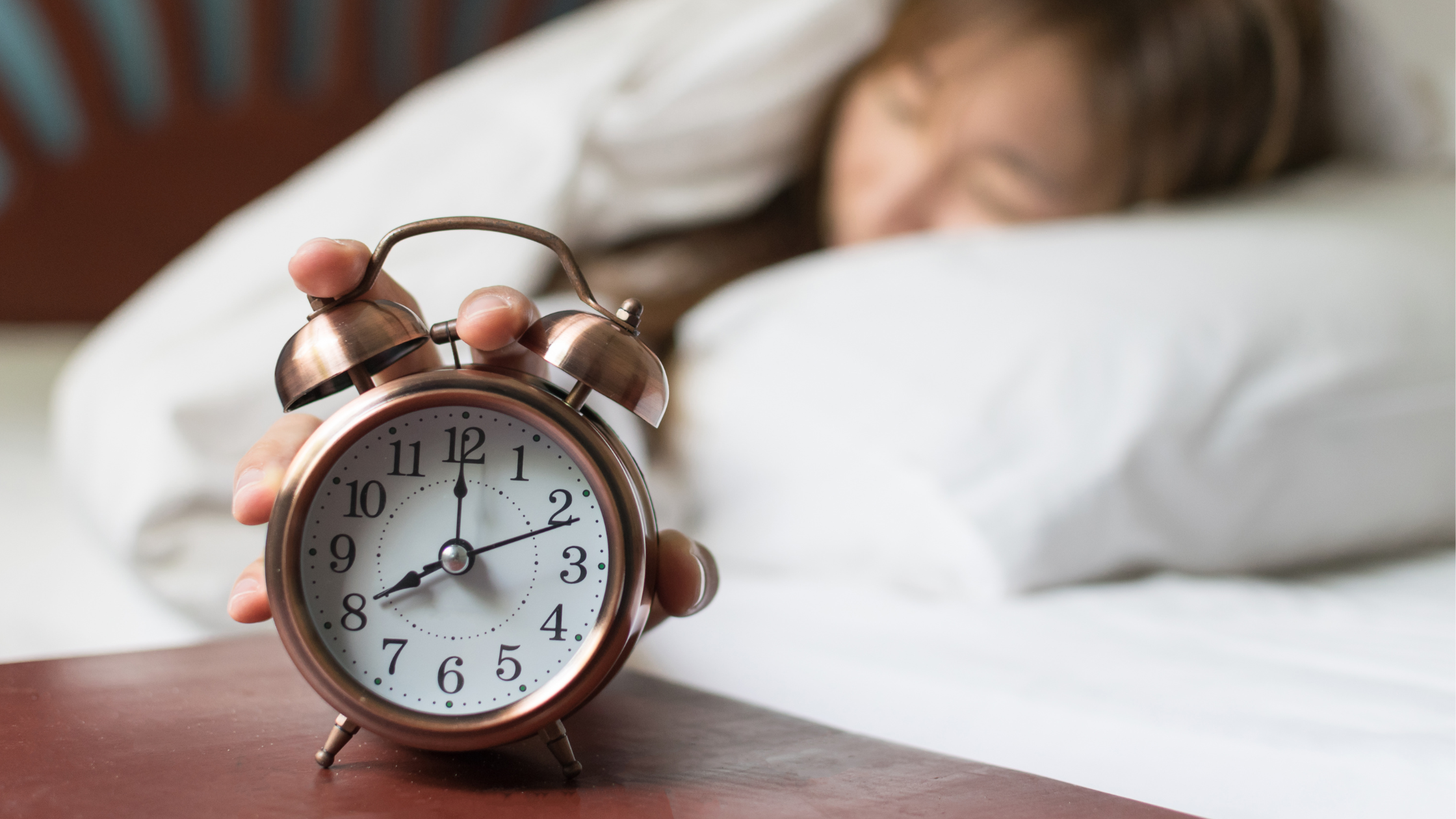Top 3 Tips for Waking Up Earlier in the Morning
Written by TYE Medical on Aug 27th 2024
Has your snooze button become a problem as you hit it again and again…and again? For some, getting out of bed is the toughest thing you’ll do all day, as sheer (but sluggish) willpower drags you from between the sheets. Not everyone falls asleep early in the night and wakes up naturally in the morning. We all have different internal clocks, or circadian rhythms, that dictate our sleep cycle. Unfortunately, this means that an early-to-rise schedule is much more difficult for some.
But you can recalibrate your system for better sleep that matches your life’s schedule even if genetics is working against you. Here are three top tips for waking up earlier in the morning.
1. Gradually Adjust Your Wake-Up Time

Avoid making drastic changes in your wake-up time. You won’t be able to sustain this change when your body is sleep deprived. It will continue to drive you to sleep longer if you go from waking up at 7 a.m. to 5 a.m. in one shot. In other words, you’re setting yourself up for failure. You may think your body will adjust, but it won’t.
Instead, adjust your wake-up time in 15-20 minute increments, allowing yourself a few days to adjust to each increase. This means it could take you over a week to move your wake-up time back one hour. But the time investment is worth it, since you’re more likely to sustain this time and wake up more naturally than you would with a sudden shift in your sleep schedule.
2. Don’t Sleep Later on the Weekends

Nobody likes this rule, but it’s arguably the most critical to maintaining a healthy and sustainable sleep pattern. When you sleep longer on the weekends, you throw off your natural body clock, which is especially problematic if you’ve been working to reset it.
Research and sleep experts agree that better sleep and easier waking requires consistency between weekdays and weekends. This means going to bed and waking up at the same time every day, even when you’re off work or are working from home some days.
And for retirees, this can be a big problem. Since you’re not held to a rigid schedule like you were during your working years, it’s tempting to go to bed whenever and wake up whenever. But this can lead to sleep disturbances and difficulty adjusting your schedule when you need to be somewhere in the morning, like a doctor appointment, for example. Try creating some structure for yourself, like a plan for each day and a set time to go to bed and wake up. Perhaps you can schedule a class, gym time, or a walking buddy in the morning to help motivate you to set a schedule with a specific waking time.
But if you can’t abide the NO sleeping in on the weekends, try limiting your extra sleeping time to one hour. It will pose the least threat to your sleep health.
3. Give Yourself Two Hours to Wind Down for Bed

Remember when your kids were little and you had a bedtime routine for them? You started the process at a certain time, perhaps with a warm bath and comfy pajamas. It usually ended with a bedtime story and tucking them in. Sound familiar? Kids aren’t the only ones who need a bedtime routine, even though yours may look a little different.
A nightly routine that helps you wind down for bed and relax is critical for a healthy sleep schedule. But what does this look like for an adult?
First, stop all activities that relate to a goal. This means that all activities that engross your mind or stimulate stress or thinking must end. Even if you’re retired, you have responsibilities and “work” that can keep you occupied until bedtime. But two hours before you hit the sack, it all must cease. No more emails, bill payment, working on your side gig, or tackling emotional topics with your spouse.
This is when you unplug. Literally. Put away your devices. Some studies suggest that screen time before bed can keep you awake longer.
So what should you do instead? Journal, pray, meditate, or read a novel. Think. Reflect. Exist. But the important thing is that what you do creates a sense of calm. Reading material shouldn’t be exciting, intense, or thrilling. Make choices that keep you relaxed and at peace.
Develop Proven Sleep Habits

Gradually adjusting your wake time, keeping a consistent sleep schedule, and winding down two hours before bed are the essential habits needed for sustaining successful sleep that allows you to wake up with greater refreshment and less sluggishness.
It’s also best to ensure your home and bedroom promotes calm and sleep. Be sure your curtains or blinds block all street lights, and use lamplight when it turns dark. Turn off notifications on your phone and try using earplugs while you sleep. All of these can ensure you sleep better, get to bed earlier, and wake up earlier.
For information, check out our article, Feel Like the Walking Dead? Get Better Sleep with These 7 Tips.


